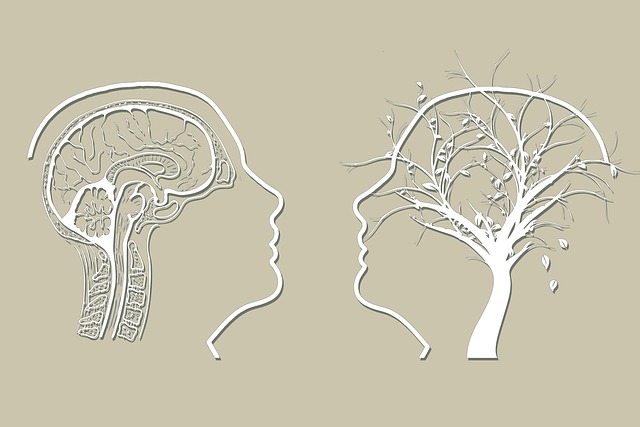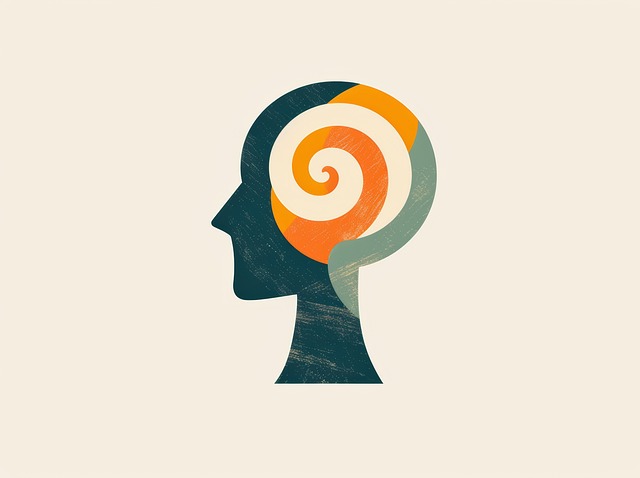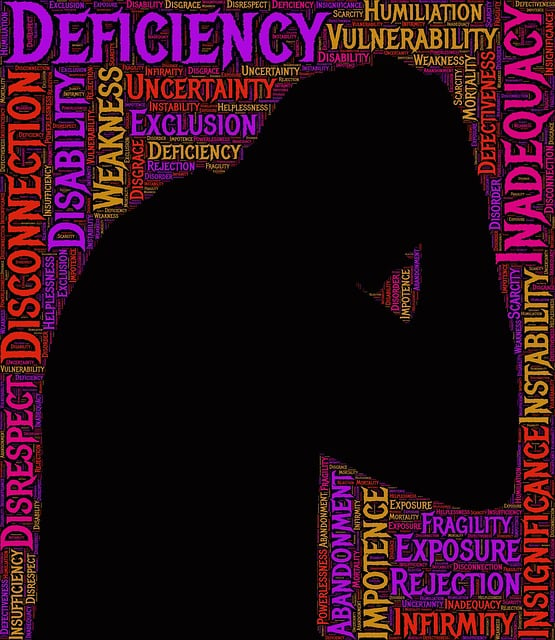Grief among Hebrew-speaking adolescents presents unique challenges due to their developmental stage, peer dynamics, and cultural context. Effective therapy for adolescent teens Hebrew speaking requires culturally sensitive therapists who create safe spaces honoring traditional rituals and religious practices. This approach combines tailored therapy sessions, self-awareness exercises, crisis guidance, mindfulness meditation, art therapy, music interventions, and peer support. By addressing specific grieving patterns influenced by developmental stage and cultural background, therapists empower these teens to manage stress, navigate grief, and preserve their cultural heritage while fostering resilience.
Loss, grief, and bereavement counseling are essential services that support adolescent teens during their unique journey of healing. This article explores various aspects of counseling these young individuals, from understanding their specific grieving patterns to culturally sensitive approaches. We delve into effective therapy techniques tailored for Hebrew-speaking teenagers and highlight the importance of resources and support networks in fostering hope and recovery. By addressing these topics, we aim to provide insights into the critical role counselors play in helping teens navigate loss.
- Understanding Adolescent Grief: A Unique Perspective
- The Role of Cultural Sensitivity in Bereavement Counseling
- Identifying Common Grieving Patterns Among Teens
- Effective Therapy Techniques for Hebrew-Speaking Teenagers
- Finding Hope and Healing: Resources and Support Networks
Understanding Adolescent Grief: A Unique Perspective

Grief among adolescents presents a unique set of challenges, requiring specialized understanding and approaches. This age group often experiences grief differently than adults, influenced by their developmental stage, peer relationships, and cultural context, particularly for Hebrew-speaking teens seeking therapy. The process of bereavement can be exacerbated by the added stress of school, social dynamics, and identity formation.
Addressing adolescent grief effectively involves a combination of tailored therapy sessions, self-awareness exercises, and crisis intervention guidance. Therapists specializing in this field must adapt their methods to cater to the specific needs of teens, fostering an environment that encourages open dialogue about their emotions and experiences. By incorporating relevant cultural references and peer support, Hebrew-speaking adolescents can receive the necessary tools for stress management workshops within a safe and supportive setting.
The Role of Cultural Sensitivity in Bereavement Counseling

In bereavement counseling, cultural sensitivity is paramount as it recognizes and respects the unique ways different cultures process grief and loss. Hebrew-speaking adolescent teens, for instance, may draw comfort from traditional rituals or religious practices that are integral to their identity. A culturally competent therapist will create a safe space, allowing these teens to express their sorrow through methods familiar to them, whether it’s through music, art, or communal gatherings. This approach ensures that therapy resonates with the individual, fostering a deeper sense of understanding and healing.
Beyond cultural practices, mental health professionals play a vital role in educating adolescents on coping mechanisms tailored to their experiences. Incorporating elements from Mental Health Education Programs Design, counselors can guide teens through stress management techniques and promote mental wellness. This holistic approach, combined with the warmth and empathy offered by therapists, equips Hebrew-speaking teen clients with valuable tools to navigate their grief while respecting their cultural heritage.
Identifying Common Grieving Patterns Among Teens

Identifying common grieving patterns among teens is crucial for providing effective therapy for adolescent teens speaking Hebrew. Research shows that teenagers often experience grief in unique ways, influenced by their developmental stage and cultural background. While some may display overt sadness and anger, others might withdraw into silence or act out through rebellious behavior. Understanding these variations is essential for healthcare providers to offer culturally competent support tailored to each teen’s needs.
Mindfulness meditation techniques have been integrated into many counseling practices due to their potential benefits for emotional intelligence. By teaching teens coping mechanisms that enhance self-awareness and stress management, therapists can empower them to navigate the complexities of grief. Additionally, training in cultural competency ensures that healthcare providers are sensitive to the specific beliefs and traditions that shape a teen’s understanding of loss and mourning, fostering a more meaningful therapeutic experience.
Effective Therapy Techniques for Hebrew-Speaking Teenagers

For Hebrew-speaking adolescent teens, finding therapists who understand their cultural nuances is essential for effective grief counseling. Cultural sensitivity in mental healthcare practice plays a pivotal role in building trust and fostering open communication. Therapists should be adept at navigating the unique challenges faced by these teenagers, incorporating self-care practices tailored to their background. Techniques such as art therapy or music-assisted interventions can prove particularly beneficial, allowing teens to express their emotions in ways that resonate with their cultural identity.
By integrating cultural sensitivity and promoting the development of coping skills, therapists enable these young individuals to process loss and grief in a supportive environment. Encouraging self-care practices specific to the Hebrew-speaking community can help adolescents navigate their emotional journeys. Through these approaches, counseling sessions become more inclusive and effective, empowering teens to heal and cope with bereavement while preserving their cultural connections.
Finding Hope and Healing: Resources and Support Networks

For adolescents and teens navigating loss, grief, and bereavement, finding hope and healing can seem like an insurmountable task. However, with the right support networks and resources, they can begin their journey towards recovery. Hebrew-speaking therapy specifically tailored for this age group offers a safe space to express emotions, process their experiences, and develop coping mechanisms that foster resilience. Many professional counselors and therapists are equipped to provide this specialized care, focusing on both the emotional and psychological aspects of healing.
In addition to individual therapy, building a support network is vital. This can include connecting with peers who have gone through similar experiences, joining support groups, or engaging in community activities that promote social interaction and self-care. Encouraging open communication within these networks allows individuals to share their stories, gain different perspectives, and build confidence as they navigate their mental health journey. Self-care practices, such as exercise, mindfulness, and maintaining a structured routine, also play a crucial role in enhancing overall well-being during challenging times.
In addressing loss, grief, and bereavement among adolescent teens, especially those from Hebrew-speaking backgrounds, a culturally sensitive approach is crucial. By understanding unique grieving patterns and implementing effective therapy techniques, counselors can provide much-needed support. This article has explored these aspects, offering insights into navigating the complex landscape of teenage bereavement. For parents, caregivers, and professionals seeking resources, the provided information serves as a starting point for finding hope and healing in the face of loss. When it comes to therapy for adolescent teens with Hebrew speaking backgrounds, cultural awareness and specialized support are key to fostering resilience and emotional well-being during challenging times.









